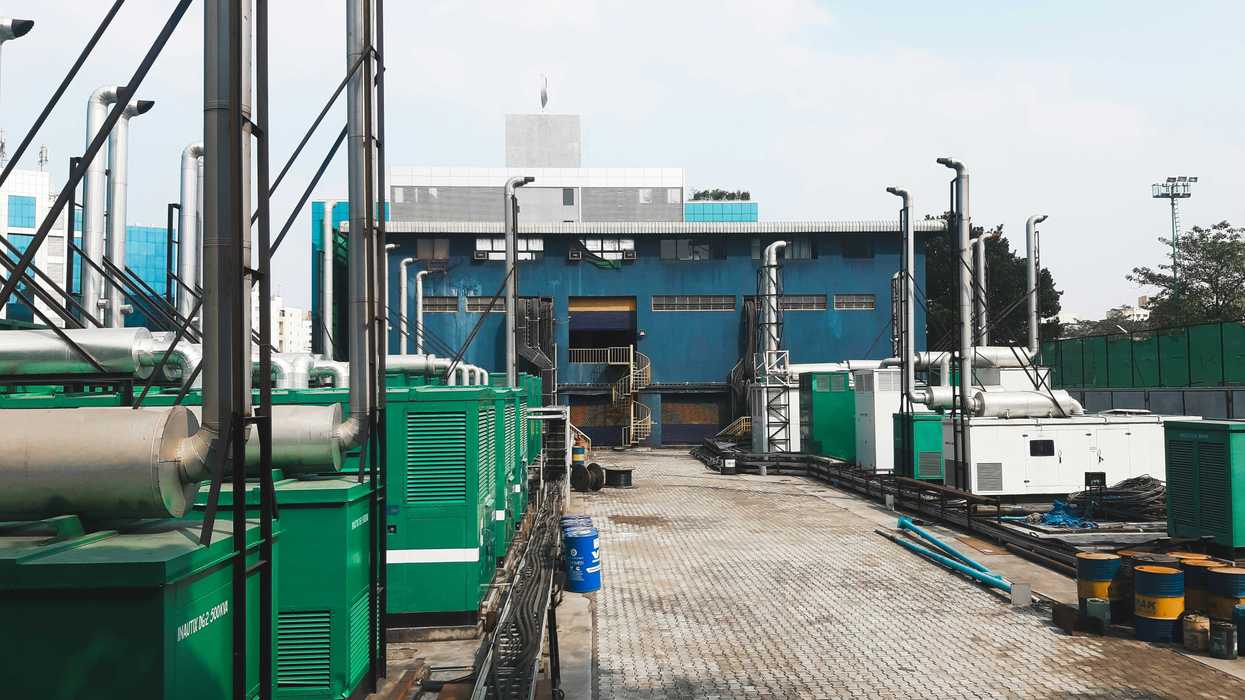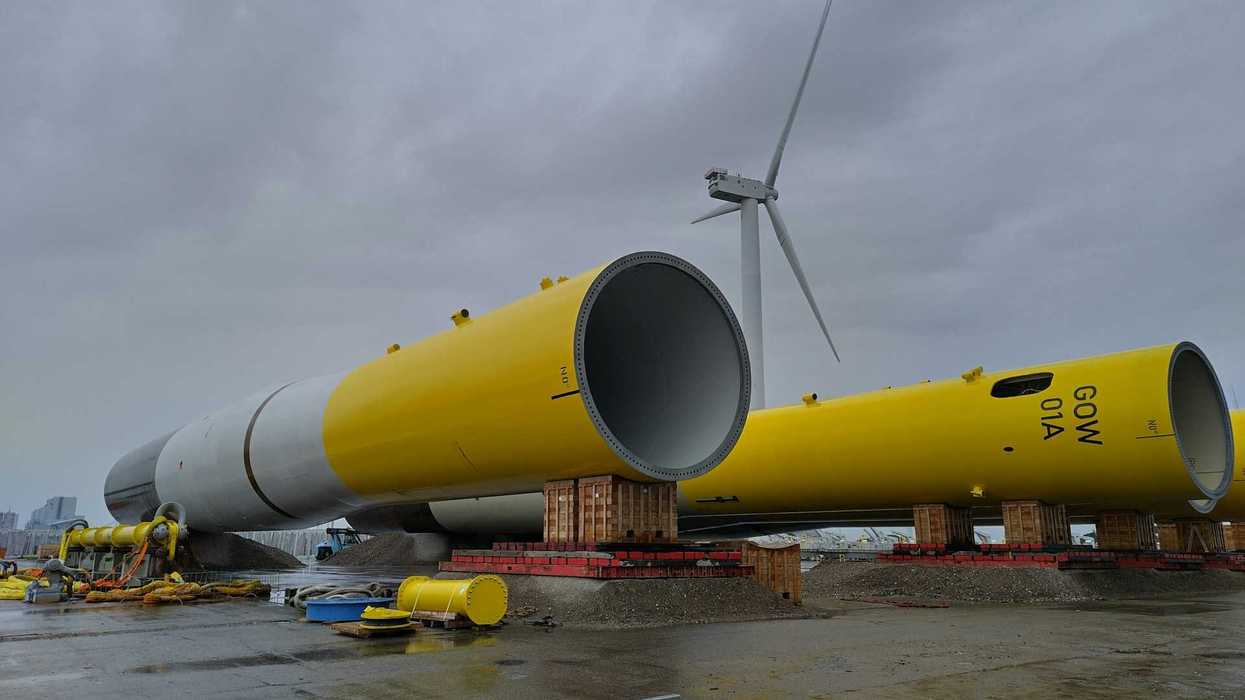A pioneering project on England’s south coast is testing whether it’s more efficient to pull carbon dioxide out of seawater rather than the atmosphere in an effort to help reduce greenhouse gases.
In short:
- SeaCURE, a UK-government-funded pilot in Weymouth, removes carbon from seawater using an acidification process that turns dissolved CO2 into gas for capture.
- The project treats seawater to release carbon, then neutralizes and returns the water to the ocean, where it absorbs more CO2, creating a potential carbon removal cycle.
- While the project's current impact is minimal, researchers believe it could scale significantly — if powered by renewables — and are studying environmental effects on marine organisms.
Key quote:
"Seawater has got loads of carbon in it compared to the air, about 150 times more."
— Dr. Paul Halloran, SeaCURE project lead
Why this matters:
As global efforts to limit climate change lag behind what science demands, carbon capture has moved from fringe concept to policy staple. But most current technologies try to pull carbon directly from the air — an approach both energy-intensive and expensive. Oceans, by contrast, already absorb about a quarter of all anthropogenic CO2 emissions, acting as a vast and natural carbon sink. Projects like SeaCURE test whether tapping into this existing dynamic could offer a more efficient pathway to removing carbon dioxide at scale. Yet, extracting carbon from seawater raises new ecological questions. As governments invest billions in these emerging solutions, understanding the environmental trade-offs will be key to deciding which technologies deserve wider deployment.
Read more: New technology aims to capture CO2 from the ocean while producing hydrogen














